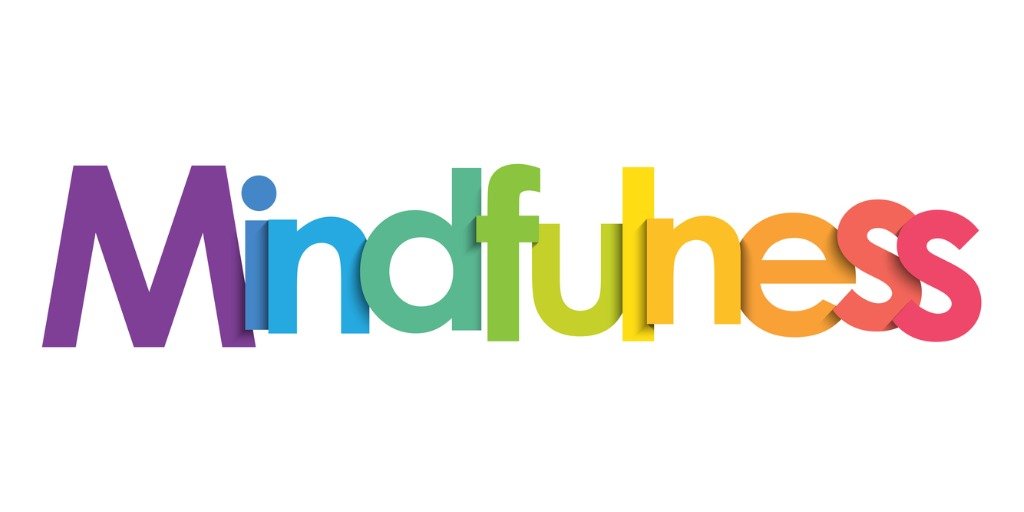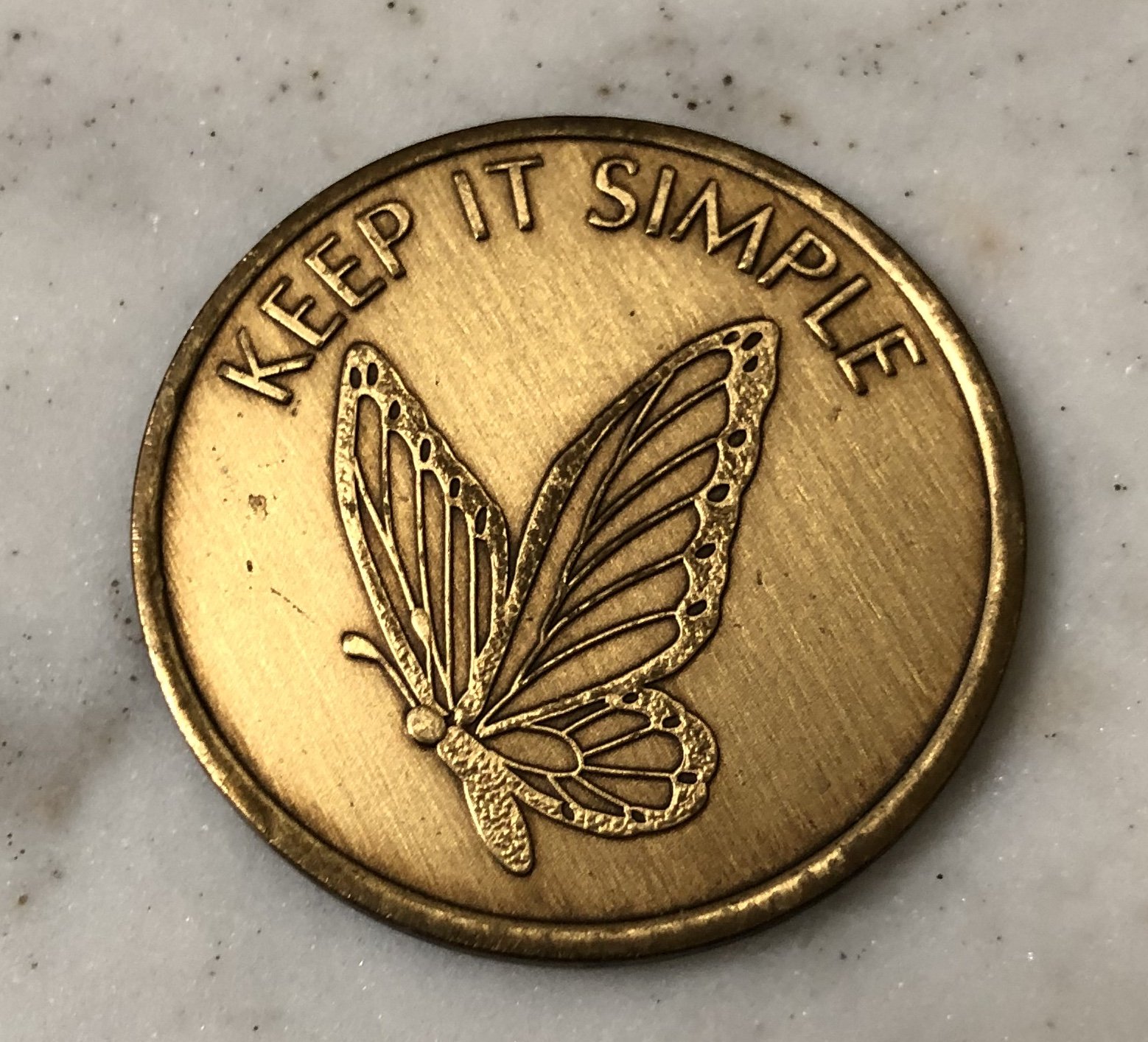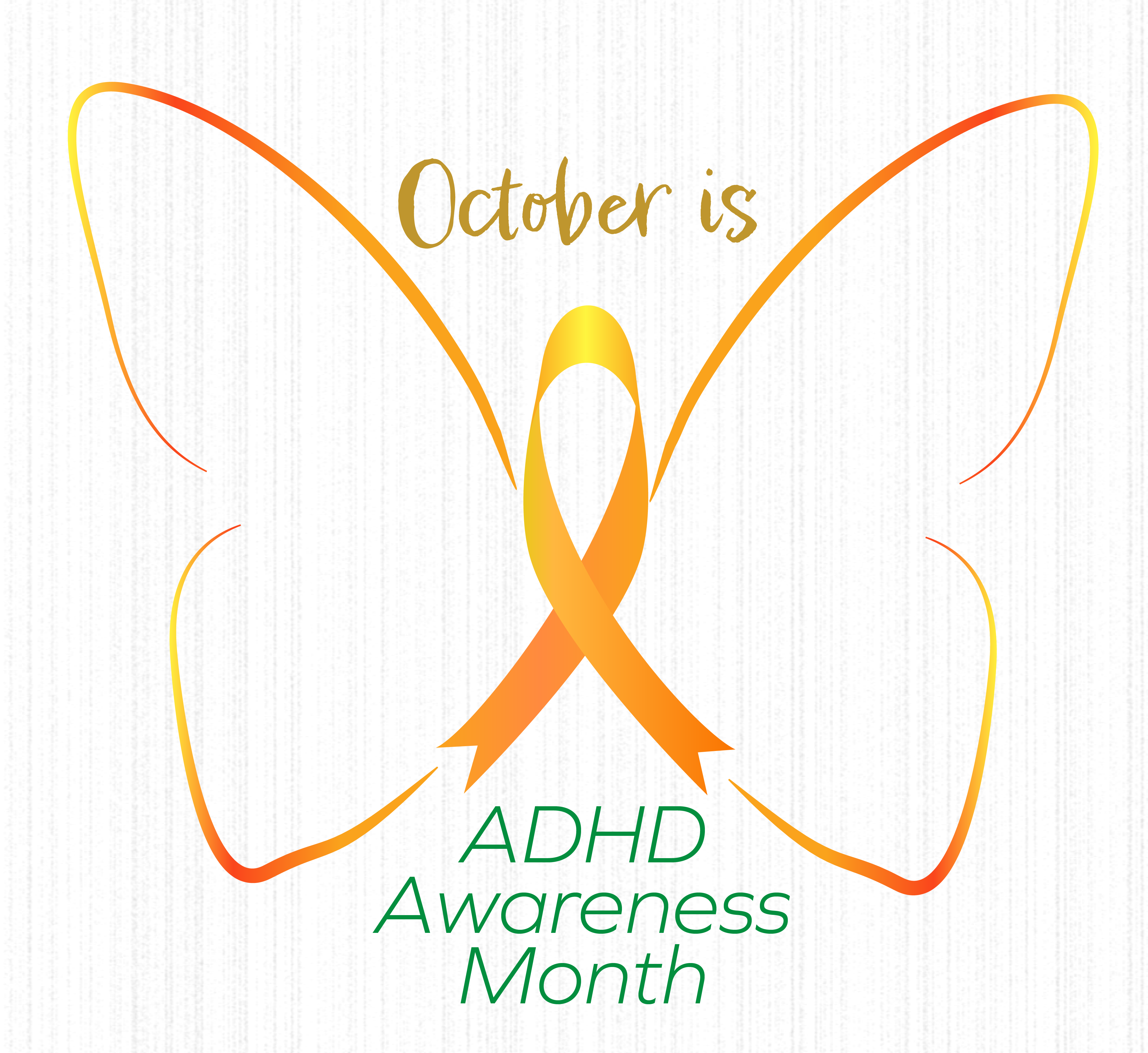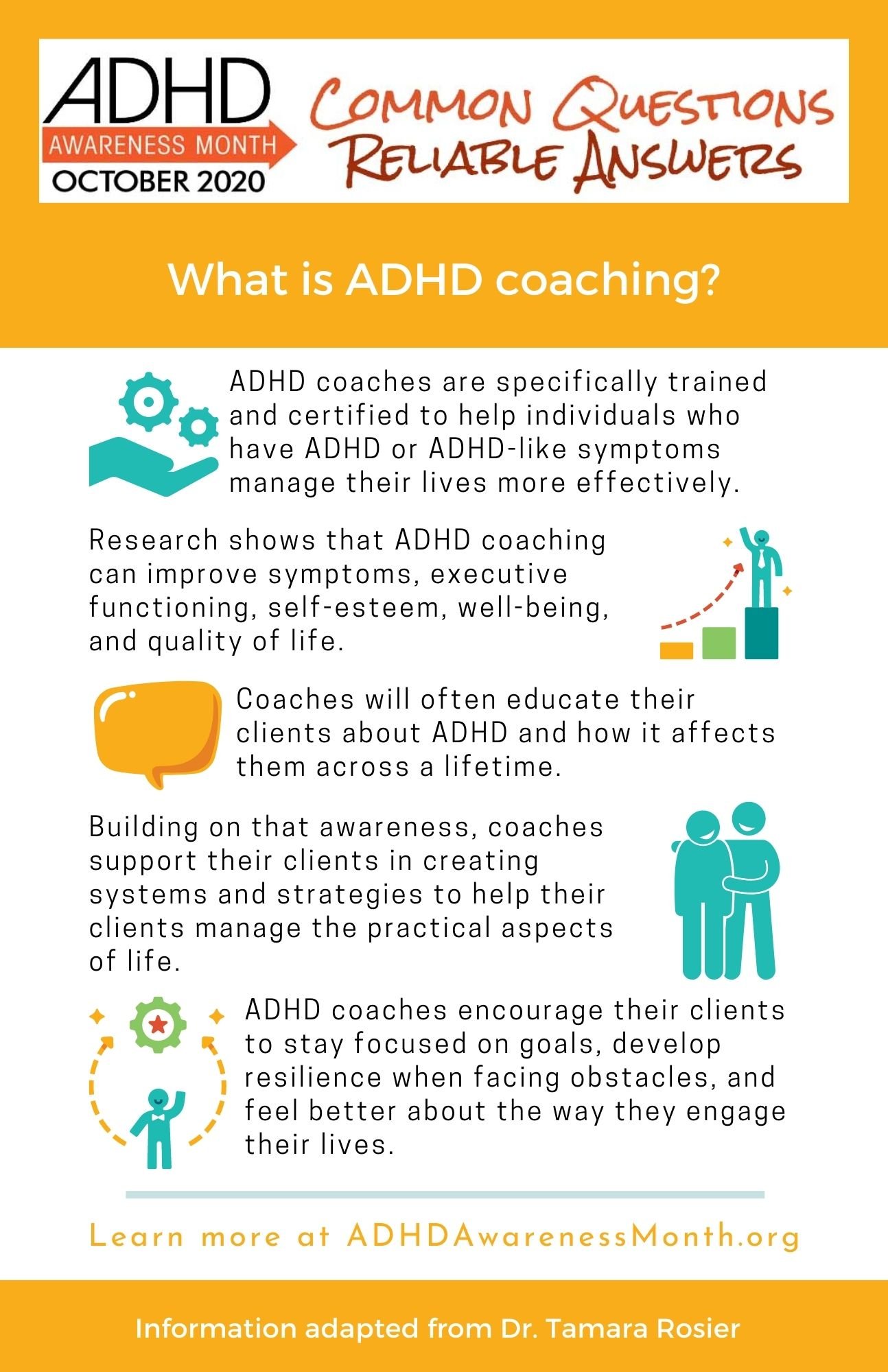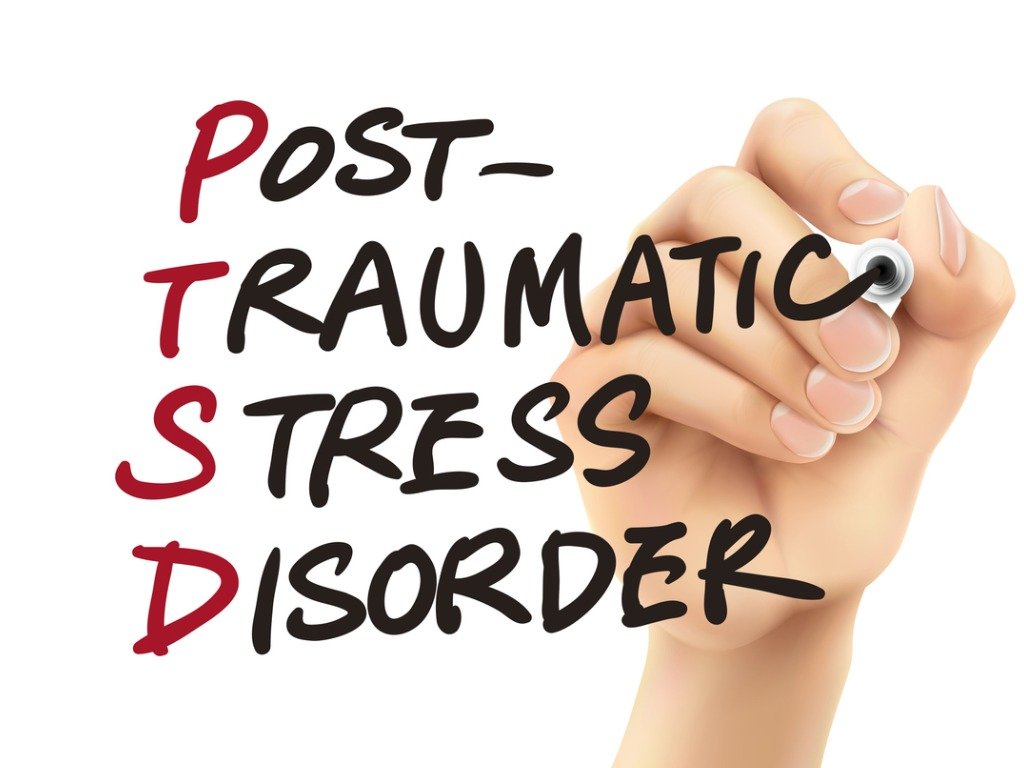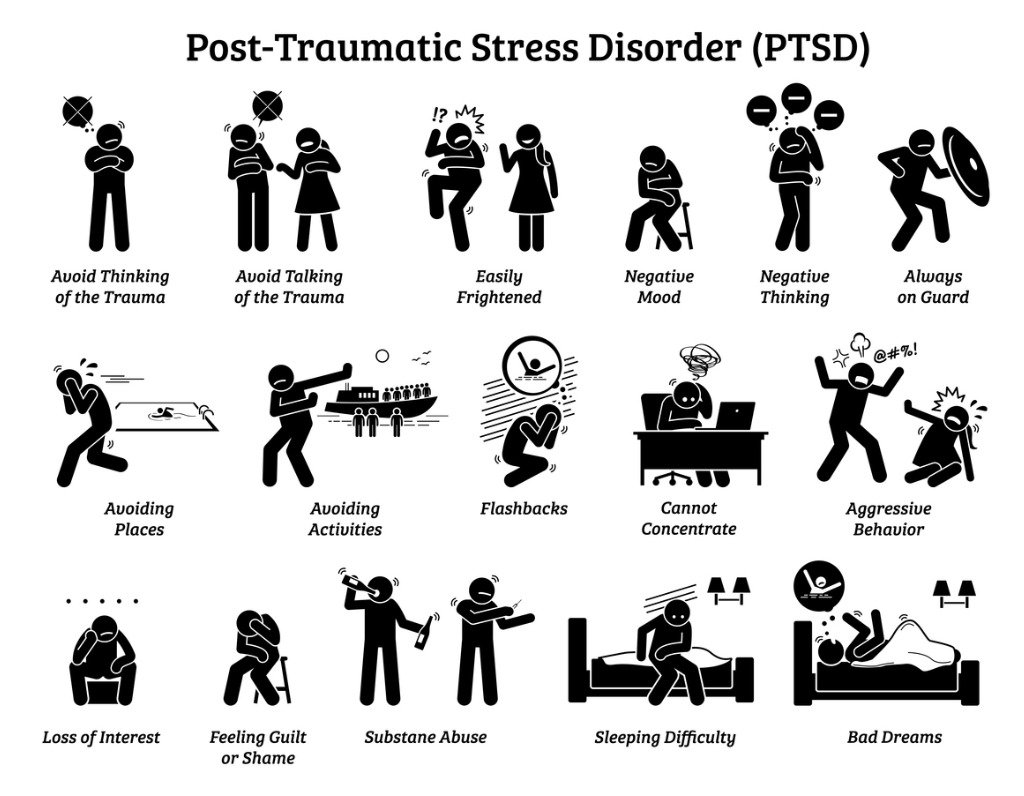
Asperger’s Syndrome Resources
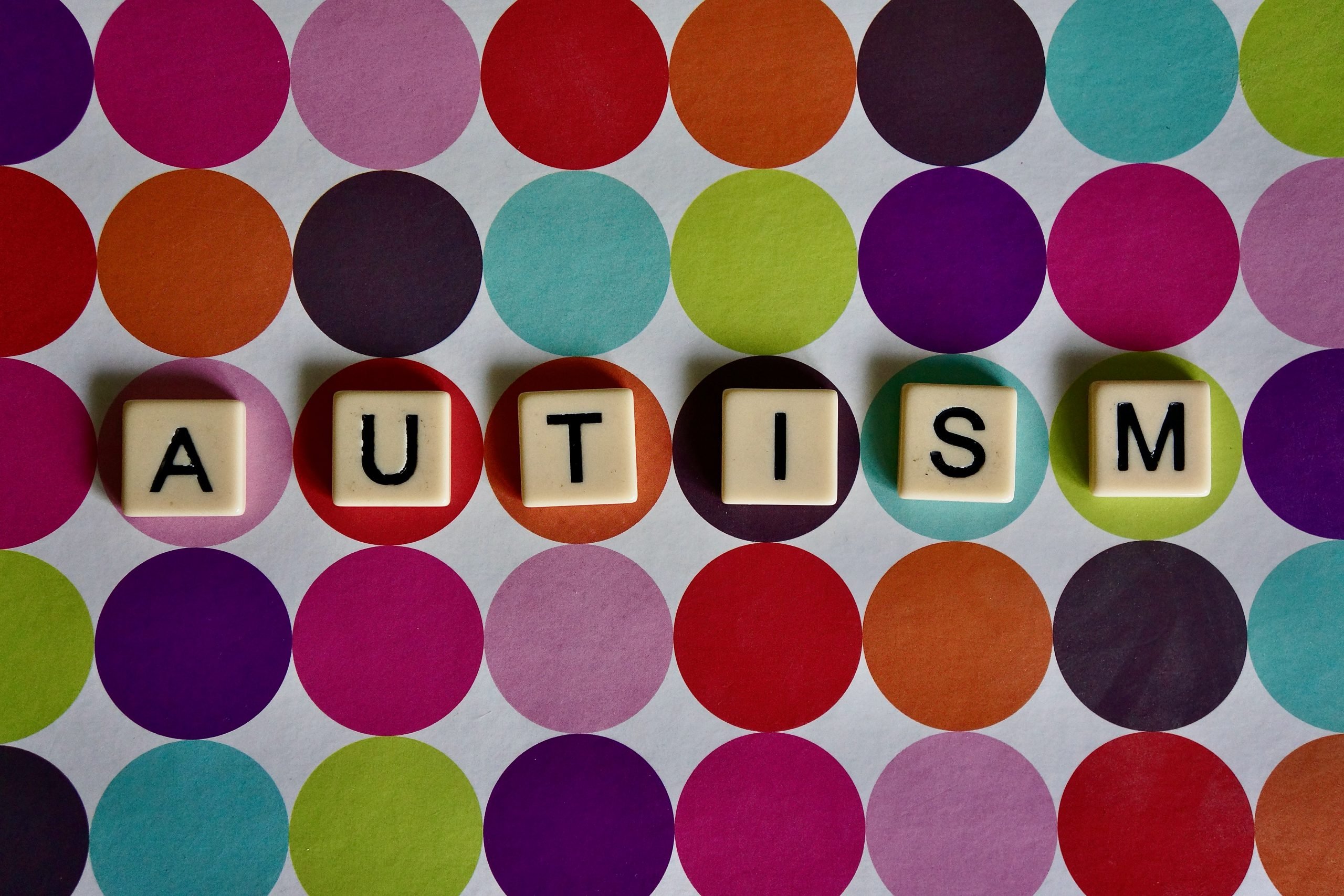
Photo by jesse orrico on Unsplash
The diagnoses of Autism Spectrum Disorder (ASD) and Asperger’s Syndrome have been coming up frequently lately among people I see, so I thought I would write a blog post with information on the subject.
Autism Spectrum Disorder (ASD) is classified as a Developmental Condition in the Diagnostic and Statistical Manual of Mental Disorders (DSM), which is published by the American Psychiatric Association and has gone through several editions and revisions throughout the years. Both ASD and Asperger’s Syndrome were in the fourth edition of the DSM (DSM-IV and DSM IV-TR). In the most recent and fifth edition of the DSM (DSM-5), Asperger’s Syndrome was removed and ASD remained, with numerous specifiers. However, Asperger’s Syndrome continues to be used in clinical settings and by people with Asperger’s themselves. Some of those with Asperger’s Syndrome call themselves “Aspies”. I think to the layperson, Asperger’s Syndrome is thought of as a mild form of Autism Spectrum Disorder. This is true in some respects, as people who identify themselves as having Asperger’s Syndrome are usually verbal (a sizable percentage of people with ASD do not or cannot speak), have intelligence in the average or above average range, and often “don’t look autistic”, meaning that they are assumed to be neurotypical (NT) on superficial acquaintance.
We do not currently know what causes autism, though there have been many hypotheses and studies. It has been soundly DISPROVEN that vaccinations cause ASD. The fact is, vaccinations like the MMR vaccine are given around the age when ASD symptoms begin to become more apparent. There is NO proven relationship between vaccinations and autism, and significant evidence that the original hypothesis was based on unfounded data with faulty analysis.
Autism Spectrum Disorder: Definition
ASD Definition
From Merriam-Webster Online Dictionary: Any group of developmental disorders (such as autism and Asperger’s syndrome) marked by impairments in the ability to communicate and interact socially and by the presence of repetitive behaviors or restricted interests — called also pervasive developmental disorder
(“Autism spectrum disorder.” Merriam-Webster.com Dictionary, Merriam-Webster, https://www.merriam-webster.com/dictionary/autism%20spectrum%20disorder. Accessed 17 Oct. 2021.)
Asperger’s Syndrome: Definition
From Merriam-Webster Online Dictionary: An autism spectrum disorder that is characterized by impaired social interaction, by repetitive patterns of behavior and restricted interests, by normal language and cognitive development but poor conversational skills and difficulty with nonverbal communication, and often by above average performance in a narrow field against a general background of impaired functioning.
(“Asperger’s syndrome.” Merriam-Webster.com Dictionary, Merriam-Webster, https://www.merriam-webster.com/dictionary/Asperger%27s%20syndrome. Accessed 17 Oct. 2021.)
Where do I go from here?
I hope this has been helpful to you if you or someone you love is diagnosed with Autism Spectrum Disorder and/or Asperger’s Syndrome. I have linked some screening self-report measures that have been published in respected academic journals. They may help rule-in or rule-out an ASD diagnosis if you have not been diagnosed yet. The gold standard for ASD diagnosis is the Autism Diagnostic Observation Schedule (ADOS), which I observed being done in medical school and at that time I was told it could only really be accurate when done with young children. More recently, the ADOS-2 has been adapted for children through adults, though it is unknown to this writer how widely it has been validated by researchers and how accessible or cost effective it is to the average adult. Diagnosis of ASD in adults is difficult and in Dr. Freerksen’s practice, it is based on history and clinical judgment. Getting a diagnosis can be very empowering and a relief to someone with ASD.
If you want to know more about ASD or AS, several reputable organizations and well-reviewed books are linked here. In my personal experience, Temple Grandin is the most well-known of the authors represented, and she has several Ted talks as well as books, patents, and memoir published. I also include a category of books about how ASD presents differently in women. The DSM-5 suggests that there is great male preponderance of ASD, though I am seeing a fair amount of undiagnosed ASD/AS in some of the women I know and some authors suggest that the proportion may be more evenly distributed and simply not diagnosed in a large portion of affected women.
Health Resource Organizations
Autistic Self Advocacy Network – “Nothing About Us, Without Us.”
Neuroclastic – “The Autism Spectrum According to Autistic People”
Scales that Screen for Autism (Peer-reviewed!)
- Ritvo Autism & Asperger Scale (RAADS)15 questions, scored online at this link.
- Peer-reviewed and validated
- Chose whether this happened when you were young, at your current (adult) age, both, or neither
- Autism Spectrum Quotient (AQ)
- 50 questions, scored online at this link.
- Peer-reviewed and validated
- Binary choice: there are 4 options but really it’s “agree” or “disagree”
General Books on Autism & Asperger’s
- Divergent Mind: Thriving in a world that wasn’t designed for you by Jenara Nerenberg (book, paperback)
- Different… Not Less, by Temple Grandin (book, paperback)
- The Autistic Brain: Thinking Across the Spectrum, by Temple Grandin (book, paperback)
- NeuroTribes: The Legacy of Autism and the Future of Neurodiversity, by Steve Silberman (book, paperback)
- I Think I Might Be Autistic: A Guide to Autism Spectrum Disorder Diagnosis and Self-Discovery for Adults, by Cynthia Kim (book, paperback)
- Connecting With The Autism Spectrum: How To Talk, How To Listen, And Why You Shouldn’t Call It High-Functioning, by Casey “Remrov” Vormer (book, paperback)
- Asperger’s on the Job: Must-Have Advice for People with Asperger’s or High Functioning Autism and their Employers, Educators, and Advocates, by Rudy Simone (book, paperback)
- Nerdy, Shy, and Socially Inappropriate: A User Guide to an Asperger’s Life, by Cynthia Kim (book, paperback)
- Thinking in Pictures, Expanded Edition: My Life with Autism, by Temple Grandin (memoir, paperback)
- Look Me in the Eye: My Life with Asperger’s, by John Elder Robison (memoir, paperback)
- Funny, You Don’t Look Autistic: A Comedian’s Guide to Life on the Spectrum, by Michael McCreary (memoir, paperback)
Women with Autism/Asperger’s Syndrome
- Aspergirls: Empowering Females with Asperger Syndrome, by Rudy Simone (book, paperback)
- Women and Girls with Autism Spectrum Disorder: Understanding Life Experiences from Early Childhood to Old Age (book, paperback)
- I Overcame My Autism and All I Got Was This Lousy Anxiety Disorder: A Memoir, by Sarah Kurchak (book, paperback)
- Autism in Heels, by Jennifer Cook O’Toole (memoir, paperback)
Children with Autism/Asperger’s Syndrome
- Social Filter Skills for Kids with Autism & Asperger’s, by Janine Toole (book)
- How to Teach Life Skills to Kids with Autism or Asperger’s, by Jennifer McIlwee Myers (book, paperback)
- Six Minute Social Skills Workbook 1: Conversation Skills for Kids with Autism & Asperger’s, by Janine Toole (book, paperback)
- How To Talk With Friends: A Step-by-Step Social Skills Curriculum for Children With Autism, by Janine Toole (book, paperback)


